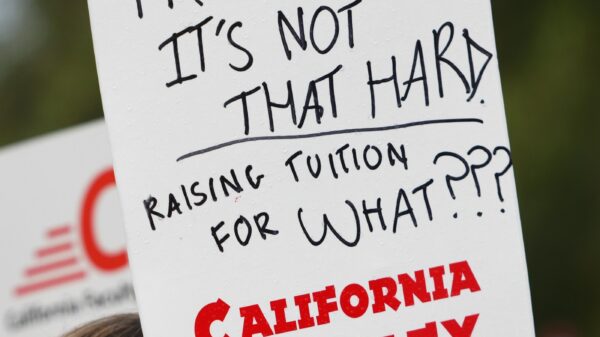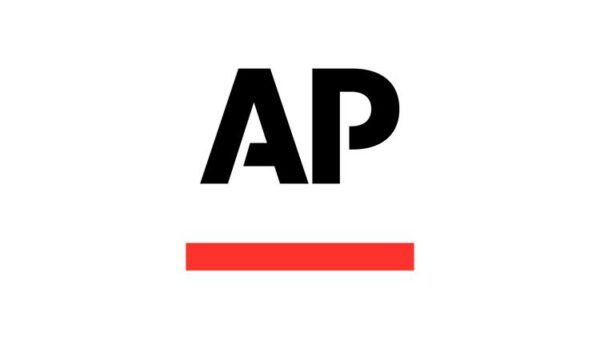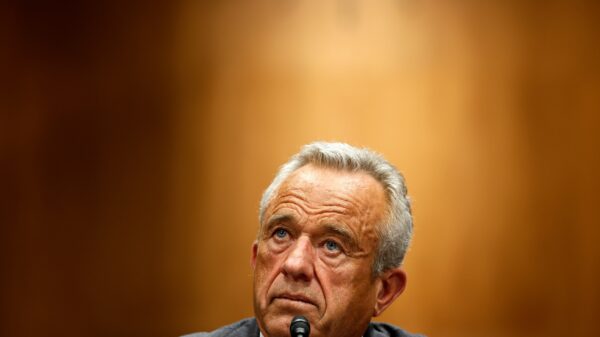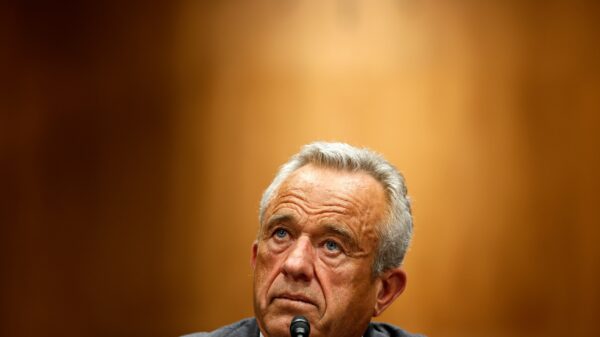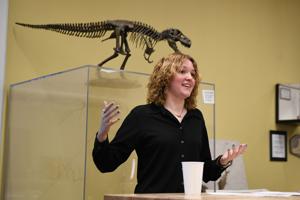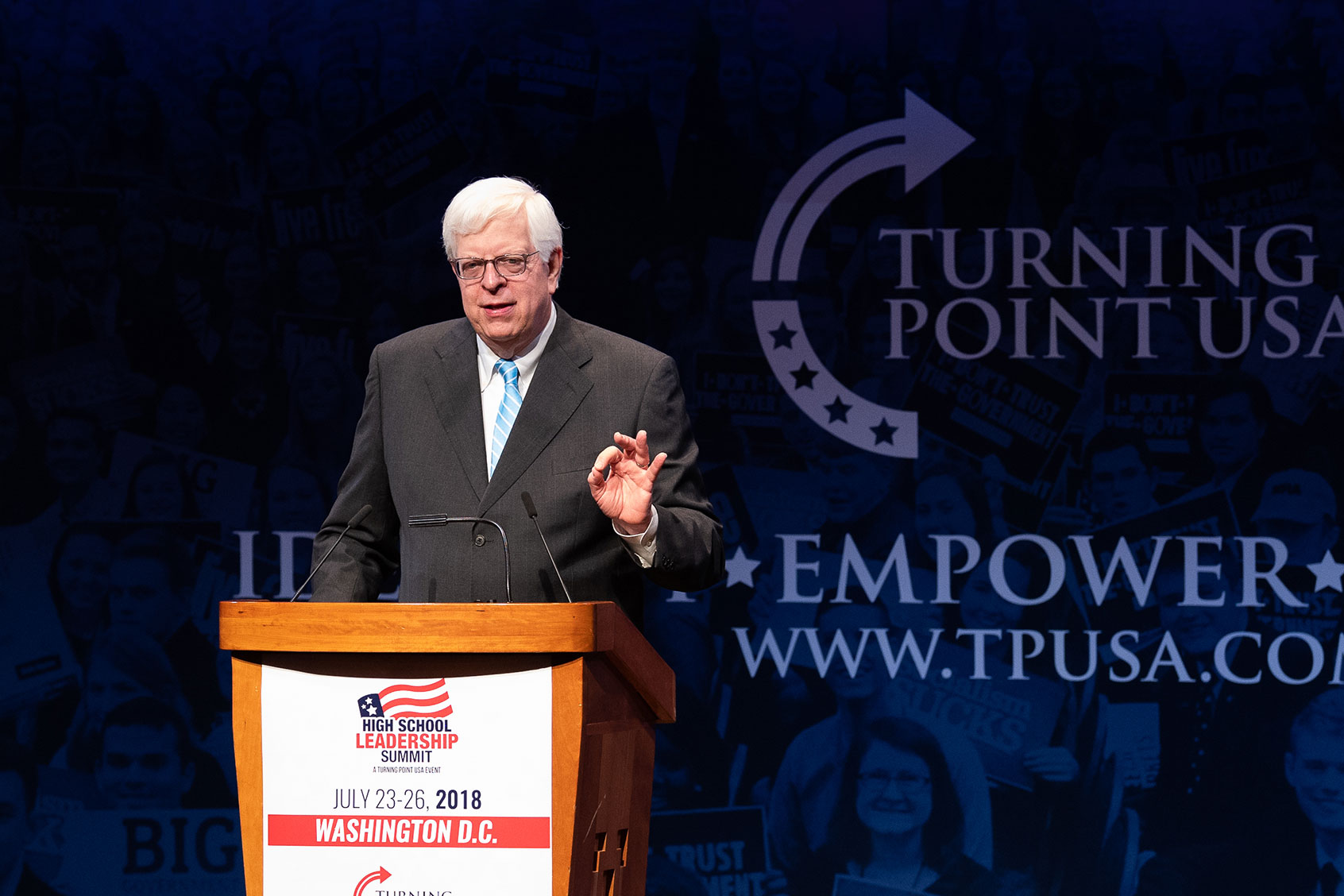In a significant shift for Oklahoma’s education system, the newly appointed state education Superintendent, Lindel Fields, announced the discontinuation of the controversial America-First Assessment, a teacher evaluation tool instituted by his predecessor, Ryan Walters. This decision, made in late October 2025, follows a series of contentious policies initiated under Walters that aimed to reshape public school curricula to align with conservative ideologies.
Under Walters, who resigned in September 2025 to lead the Teacher Freedom Alliance, teachers were previously mandated to integrate the Bible into their lesson plans. His tenure saw the introduction of the America-First Assessment, which was intended to screen out what he termed “woke indoctrination” among prospective teachers. This assessment was designed by PragerU, a conservative nonprofit media organization, and went live in August 2025.
The America-First Assessment consisted of 34 multiple-choice questions covering topics such as the U.S. Constitution, government, and historical Supreme Court cases. Notably, the exam included questions like, “What are the first three words of the Constitution?” and “What does the Second Amendment protect?” Additionally, it probed into gender and biological distinctions, asking questions such as, “What is the fundamental biological distinction between males and females?”
Walters made his political intentions clear when he stated, “We have to make sure that the teachers in our classrooms, as we’re recruiting these individuals, aren’t a bunch of woke, Marxist activists.” He aimed to eliminate liberal influences within Oklahoma’s educational landscape, suggesting that teachers from other states could bring in what he called “blue state indoctrination.”
Criticism of the Assessment’s Design
The America-First Assessment has faced scrutiny for its lack of professional standards typical of licensure exams. Unlike established tests that evaluate subject-specific knowledge, this assessment appears primarily aligned with political ideologies associated with former President Donald Trump’s platform. Critics have pointed out that it is impossible to fail; the exam allows candidates to guess answers until they achieve a correct response, effectively guaranteeing a perfect score for all who attempt it.
This format has led to comparisons with a political loyalty test rather than a genuine assessment of teaching competency. According to Randi Weingarten, President of the American Federation of Teachers, the exam resembles a “MAGA loyalty test” rather than a legitimate measure of professional knowledge.
Moreover, the absence of technical documentation regarding the exam’s design or its evaluative purpose raises further concerns about its legitimacy. Observers highlight that many questions are publicly available, unlike proprietary content found in standardized tests like the SAT.
Impact on Education and Future Implications
The fallout from Walters’ policies may extend beyond Oklahoma. Although the America-First Assessment has been rescinded in the state, its controversial nature has prompted discussions in other conservative-leaning states about similar initiatives. During its launch, both Walters and Marissa Streit, CEO of PragerU, promoted the assessment as an option for any “pro-America” state, suggesting that it could influence educational policy elsewhere.
PragerU, which produces conservative educational content, has gained considerable traction in recent years, with some states, including Florida and New Hampshire, incorporating its materials into school curricula. The organization’s expansion into teacher assessments signifies a potential shift in how educational qualifications may be influenced by political ideologies.
As the debate over educational content and teacher qualifications continues, the recent actions taken in Oklahoma may serve as a critical case study for other states grappling with similar ideological divides. The implications of these policies, particularly concerning who is deemed qualified to teach, will likely resonate in the national conversation about education for years to come.



